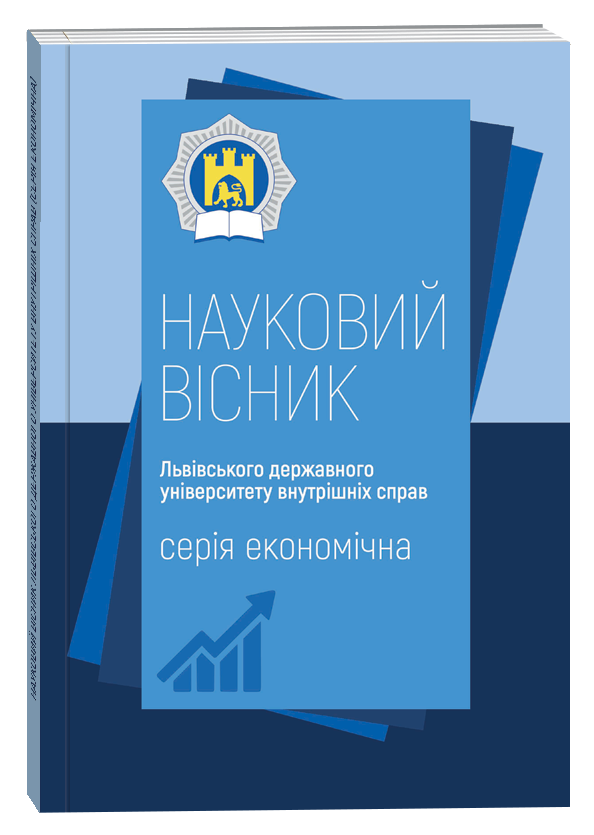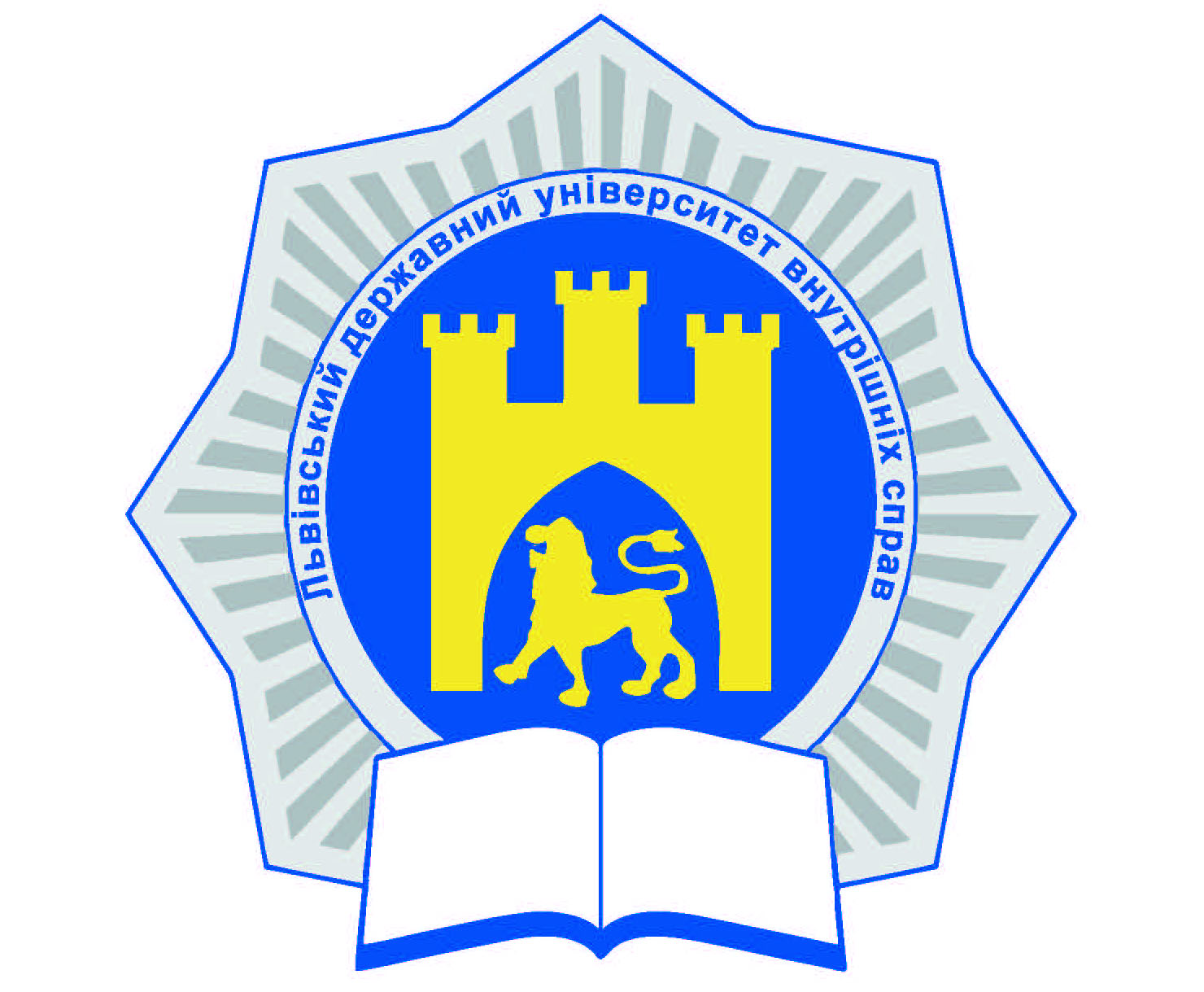TRANSFORMATION OF THE MARKETING LANDSCAPE: EDUCATION IN TIMES OF INFORMATION CHALLENGES
DOI:
https://doi.org/10.32782/2311-844X/2024-1-8Keywords:
education sector, information challenges, marketing environment, educational institution, risk assessmentAbstract
This article presents an in-depth analysis and study of the process of modernization of the marketing environment in the field of education in connection with information challenges. The research methodology includes a systematic analysis of scientific sources, a comprehensive study of statistical data, and the conscious use of empirical research. This approach allows not only to identify the main trends and challenges faced by educational institutions in the modern information environment, but also to carefully analyse their impact on the marketing and development strategies of educational institutions. The practical value of this work lies in the provision of specific recommendations and strategies for educational institutions in order to increase their competitiveness and effectiveness of marketing activities in the conditions of information confrontation. The results of the study revealed the need to implement the latest marketing strategies and technologies in the field of education. In particular, the relevance of using methods of media branding, social media marketing and interactive communication tools is noted. It is clear that educational institutions must adapt to modern market requirements, therefore the emphasis is on innovative approaches and the use of advanced information and communication technologies. This will help improve the quality of educational services, increase competitiveness and open up new opportunities for the development of educational institutions in the modern digital world. The practical value of this work consists in providing specific recommendations and strategies for educational institutions in order to increase their competitiveness and effectiveness of marketing activities in the conditions of information confrontation. This allows educational institutions to adapt to modern market requirements and successfully compete in the digital environment. The application of the proposed strategies will help improve communication with the audience, increase the attractiveness of the institution, and also increase the effectiveness of marketing campaigns. Such recommendations are of practical importance for the management of educational institutions in solving urgent tasks related to the support and development of the institution in the conditions of the modern information space.
References
Конкурентоспроможність вищої освіти України в умовах інформаційного суспільства. Збірник тез І Міжнародної науково–практичної конференції (м. Чернігів, 9 листопада 2018 р). Чернігів, 2018. 779 с.
Dhupia Bhawna, Alameen Abdalla. Adaptive eLearning System: Conceptual Framework for Personalized Study Environment. Advanced Informatics for Computing Research. 2019. P 334–342 DOI: https://doi.org/10.1007/978-981-15-0108-1_31
Finch D., Nadeau J., O’Reilly N. The Future of Marketing Education: A Practitioner’s Perspective. Journal of Marketing Education. 2013. No. 35(1). P. 54–67. DOI: https://doi.org/10.1177/0273475312465091
Chifu I., Simons G. Informational Warfare: A Theoretical Approach. In: Rethinking Warfare in the 21st Century: The Influence and Effects of the Politics, Information and Communication Mix. Cambridge University Press. 2023. P. 20–57.
Shanahan D. E., Palmer L. H., & Salas J. Achieving Scaled and Sustained Use of Client-Based Projects in Business School Marketing Education: A Proposed Suprastructure. Journal of Marketing Education. 2021. No. 43(1). P. 59–74. DOI: https://doi.org/10.1177/0273475319881179
Webometrics Ranking of World Universities. URL: http://www.webometrics.info/index.html (дата звернення: 11.03.2024).
Konkurentospromozhnist vyshchoï osvity Ukraïny v umovakh informatsiy̆noho suspilstva [Competitiveness of higher education of Ukraine in the conditions of the information society] Zbirnyk tez I Mizhnarodnoï naukovo–praktychnoï konferentsiï. (November 9, 2018). Chernihiv. 779 p.
Dhupia Bhawna, Alameen Abdalla (2019) Adaptive eLearning System: Conceptual Framework for Personalized Study Environment. Advanced Informatics for Computing Research, pp. 334–342. DOI: https://doi.org/10.1007/978-981-15-0108-1_31
Finch D., Nadeau J., O’Reilly N. (2013) The Future of Marketing Education: A Practitioner’s Perspective. Journal of Marketing Education, no. 35(1), pp. 54–67. DOI: https://doi.org/10.1177/0273475312465091
Chifu I., Simons G. (2023) Informational Warfare: A Theoretical Approach. In: Rethinking Warfare in the 21st Century: The Influence and Effects of the Politics, Information and Communication Mix. Cambridge University Press. pp. 20–57.
Shanahan D. E., Palmer L. H., & Salas J. (2021) Achieving Scaled and Sustained Use of Client-Based Projects in Business School Marketing Education: A Proposed Suprastructure. Journal of Marketing Education, no. 43(1), pp. 59–74. DOI: https://doi.org/10.1177/0273475319881179
Webometrics Ranking of World Universities. Available at: http://www.webometrics.info/index.html (accessed March 11, 2024).





